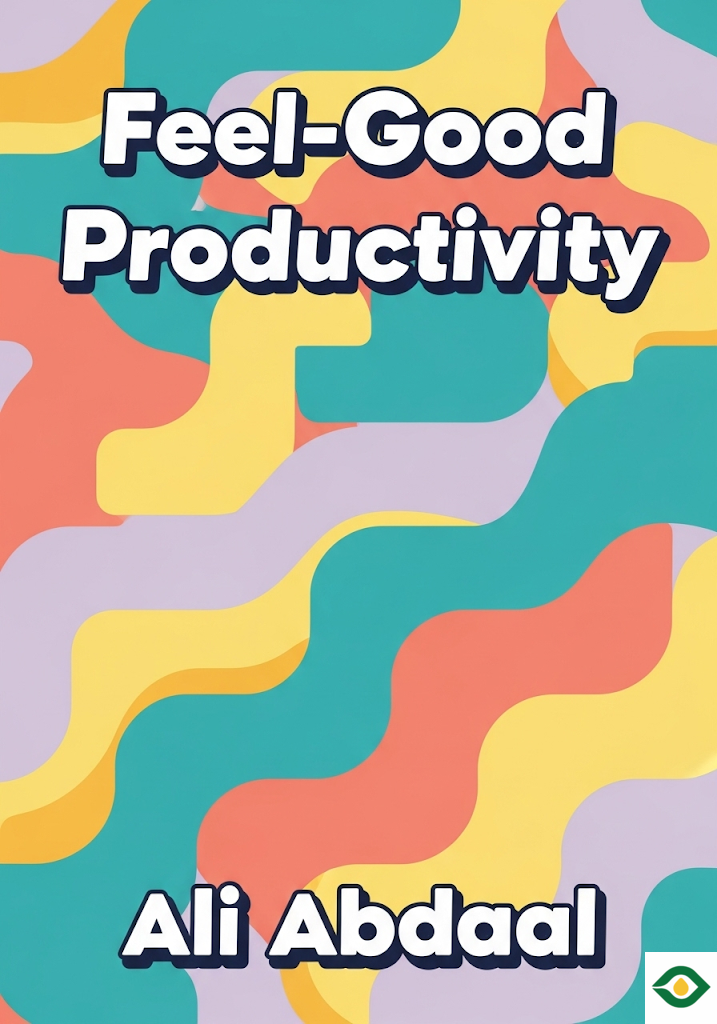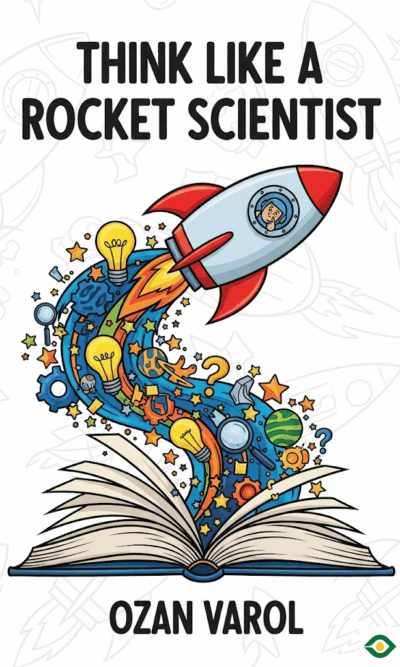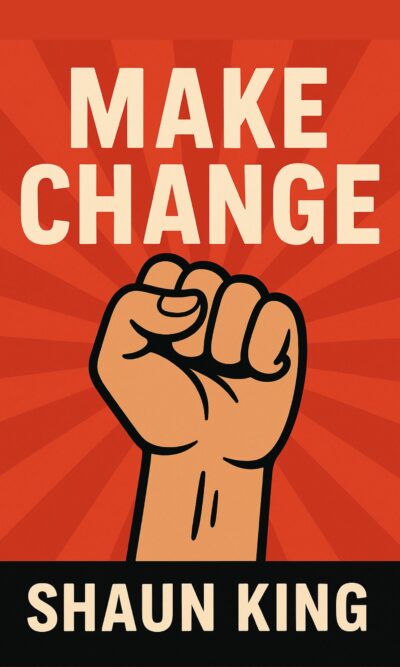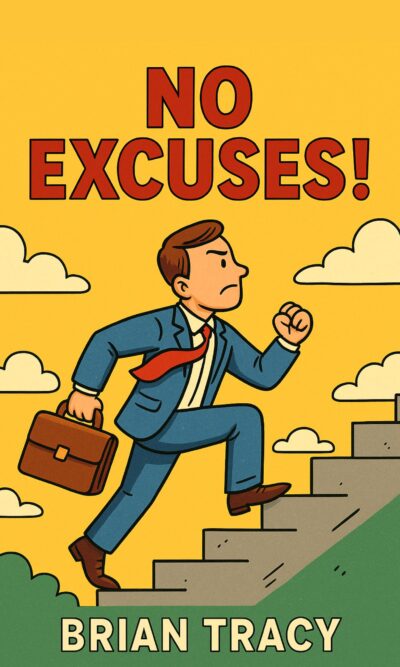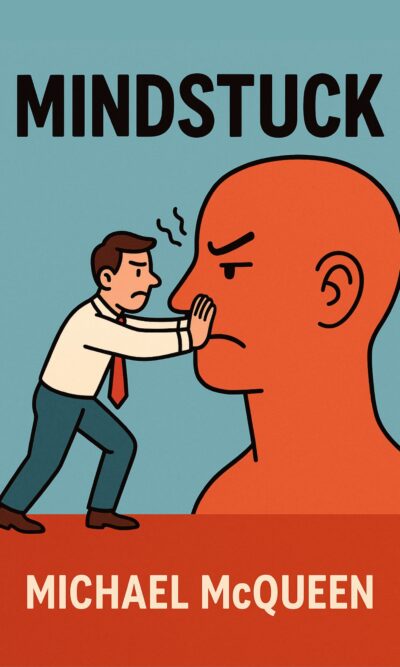Description
Most people think productivity means discipline, strict schedules, and long hours. We’re taught to believe that success comes only from pushing ourselves harder, sacrificing fun, and working through exhaustion. But Ali Abdaal, a doctor turned creator, discovered that this approach doesn’t last. After burning out during a Christmas shift at the hospital, he realized that true productivity isn’t about suffering—it’s about feeling good.
This fresh idea is what he calls “feel-good productivity.” Instead of relying on endless discipline or chasing motivation, it focuses on enjoyment, energy, and well-being. The more positive emotions you create in your daily life, the more naturally you’ll get things done. Success flows when you feel good first.
So, what does this look like in practice? Abdaal explains it through three big ideas: energizers, unblockers, and sustainers.
The First Force: Energy
The first obstacle to productivity is low energy. Many people feel drained, so they rely on coffee, sugar, or late-night work sessions to keep going. These methods only give short bursts of focus, and then leave you more tired than before.
But the body already has its own natural fuel: the feel-good chemicals like dopamine, serotonin, oxytocin, and endorphins. When you’re happy, playful, or connected to others, these chemicals flood your brain, making work easier and more enjoyable. In other words, the better you feel, the more productive you become.
Abdaal suggests three energizers: play, power, and people.
Play means bringing fun into your daily routine. You don’t have to treat every moment as serious. Even small doses of play—like joking with a colleague, gamifying a boring task, or adding creativity to a dull project—can refresh your energy.
Power means personal control. It’s not about dominating others, but about feeling like you have choices. Even if you can’t control your boss or workload, you can control your approach. You can choose your attitude, your method, and your pace. That sense of ownership makes tasks less draining.
People means surrounding yourself with supportive, uplifting individuals. If you spend time with those who encourage you, you’ll feel more motivated. On the other hand, spending time with negative or energy-draining people can hold you back. Choose relationships that energize you, not deplete you.
Mini experiments help: try asking “How can I make this fun?” when facing a boring task. Or, if you feel stuck, pretend you’re an expert and act from that confidence. These small shifts help spark energy.
The Second Force: Procrastination
Even with energy, many people still procrastinate. Traditional advice says you need either discipline—forcing yourself through discomfort—or motivation—waiting until you feel inspired. Both methods are unreliable.
Instead, Abdaal suggests “unblocking.” This means identifying what’s really stopping you. Most procrastination comes from confusion, fear, or inertia.
Confusion happens when you don’t know what to do next. Instead of labeling it laziness, recognize it’s a clarity problem. Break the task down into smaller steps, answer the simple questions—what, why, how, and when—and suddenly it feels doable.
Fear is another major block. Sometimes we avoid a task because we’re afraid of failure, judgment, or mistakes. By simply naming the fear, you reduce its power. A helpful method is the 10/10/10 rule: ask yourself how much this moment of fear will matter in 10 minutes, 10 weeks, or 10 years. Usually, the answer shrinks your anxiety.
Inertia is the force of doing nothing. Like an object at rest, people at rest tend to stay that way. The cure is action, even if tiny. Commit to just five minutes on a task. Once you start, momentum builds and you’ll often continue far longer.
Mini experiments can help here too. Do a “pre-mortem”—imagine how a project might fail, then plan to prevent it. Or find an accountability buddy, someone who works on goals alongside you, making it harder to stall.
The Third Force: Burnout
Even with energy and clarity, there’s still the problem of burnout. Burnout is not always the same; it comes in three forms: overexertion, depletion, and misalignment.
Overexertion happens when you simply do too much. Even if you love your work, your body and mind have limits. Saying yes to everything eventually forces you to say no to your own health. The solution is to rest deliberately—schedule breaks and protect your energy. Studies show working for about 50 minutes and then resting for 15–20 minutes is more sustainable than powering through hours nonstop.
Depletion is when your breaks don’t truly refresh you. Scrolling on your phone, bingeing shows, or mindless habits don’t recharge your energy. Instead, you need active rest—like going for a walk, spending time in nature, or doing something creative. These forms of downtime refill your energy rather than draining it further.
Misalignment is the hardest to detect. It happens when the work you’re doing doesn’t match your values or identity. You might be successful on paper, but if it doesn’t feel meaningful, you’ll burn out. A useful exercise is the “eulogy test”: imagine what you want people to say about you at your funeral. Compare that to what you’re currently doing. If there’s a gap, find small ways to realign your daily life with what matters most.
The Core Insight
The heart of feel-good productivity is simple: success doesn’t come from sacrifice and misery. It comes from making yourself feel good first. By focusing on energy, clarity, courage, and alignment, you naturally become more productive and more fulfilled.
Instead of treating well-being as a reward you’ll enjoy “someday” after success, you bring it into the process right now. This shift makes productivity sustainable. You no longer run on empty, dread your tasks, or collapse into burnout.
Final Thoughts
Ali Abdaal’s message is refreshing because it removes the guilt so many people feel about not doing enough. Productivity isn’t about endless discipline. It’s about creating conditions where work feels light, fun, and meaningful.
Whenever you feel drained, ask: how can I energize myself with play, power, and people? When procrastination strikes, ask: is it confusion, fear, or inertia—and how can I unblock it? When burnout appears, check: am I overexerted, depleted, or misaligned?
With these tools, productivity becomes less of a battle and more of a natural outcome. You don’t need to suffer for success. Instead, you feel good—and success follows.

